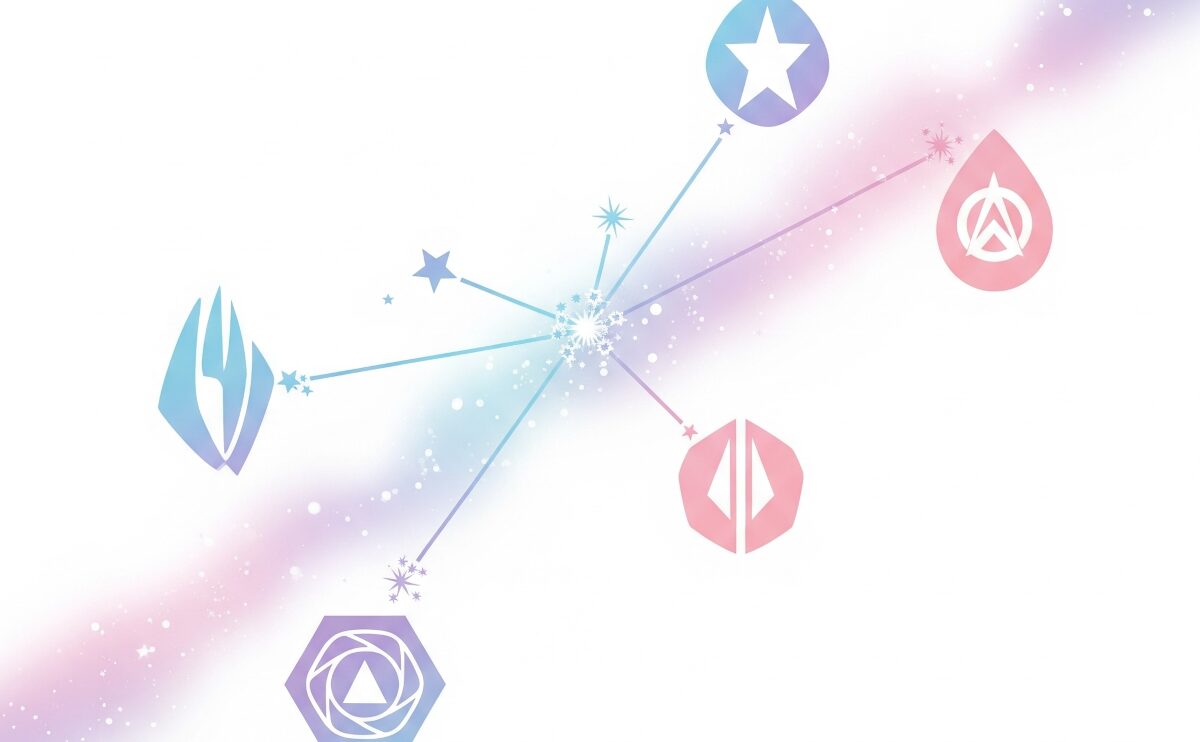Understanding Time
Why Michael Ende’s Momo Is a Must-Read!

Oh, Understanding Time, what a concept, wouldn’t you agree? It’s something we all possess, yet so many of us feel we never quite have enough of it. And in this bustling, always-on world, it often feels as though time itself is slipping through our fingers like grains of sand. But what if I told you that a rather extraordinary little book, a German masterpiece by the late, great Michael Ende, could offer some truly profound insights into this very predicament?
Momo isn’t just a children’s book; it’s a timeless fable that gently, yet firmly, reminds us of the true value of our moments. It’s a journey into the heart of self-exploration, a pursuit of fundamental truths, and a gentle nudge to trust that quiet, inner voice and those invaluable things that often remain unseen. It whispers of the importance of imagination, the sheer magic of true listening, and the perils of allowing life to become a dreary, calculated affair. Think of it as a charming, slightly melancholic, but ultimately hopeful, guide to reclaiming your most precious commodity.
Once Upon a Time… (Quite Literally)
Now, if the name ‘Michael Ende’ doesn’t immediately ring a bell, don’t fret! Perhaps you’ve heard of The Neverending Story? Ah, I thought so! He’s the very clever chap behind that fantastical tale as well. But Momo, whilst equally enchanting, offers a rather different flavour. Imagine, if you will, a world where the insidious ‘Grey Gentlemen’ are quietly, almost imperceptibly, stealing people’s time. They convince folks to ‘save’ their time, to put it into special ‘time savings banks’, promising them a richer, more efficient life. Sounds rather appealing, doesn’t it, especially when one is perpetually running late for something or other?
But, of course, as with all things that seem too good to be true, there’s a rather nasty catch. These ‘saved’ moments don’t bring joy or fulfilment; they merely lead to a drab, hurried existence where genuine human connection and simple pleasures wither away. It’s like being promised a grand feast and then being given only dry biscuits – terribly disappointing! And the only one who truly sees through their cunning ruse is a small, quiet, rather enigmatic orphan girl named Momo. She has an extraordinary gift: she can truly listen. And when Momo listens, things start to happen. It’s quite a delightful concept, wouldn’t you say? Almost makes you want to practise your listening skills, doesn’t it?

The Unseen Hand of the Clock
Now, for those of you who might perhaps be a tad more cynical, or perhaps just a discerning intellectual, the idea of ‘time thieves’ might seem rather quaint, or perhaps even a touch simplistic. “Oh, darling, isn’t that just a rather obvious metaphor for capitalism?” you might muse, a perfectly valid thought, I assure you. And yes, there’s a delicious dash of social commentary swirling beneath the surface of Momo. Ende, bless his cotton socks, wasn’t afraid to cast a rather critical eye on the relentless march towards ‘efficiency’ at the expense of genuine human experience.
It’s a rather pointed commentary on the perils of losing sight of what truly matters, isn’t it? The Grey Gentlemen aren’t overtly menacing in the way a typical villain might be; they’re far more insidious. They prey on our anxieties, our desire for more, our fear of missing out. They represent that internal whisper that tells us we ‘must’ do more, earn more, achieve more, often at the cost of simply being. If you’re a fan of speculative fiction, you might find yourself rather nodding along, perhaps even with a wry smile, at the uncomfortable truths Ende lays bare. It’s not about forcing you to embrace ‘sci-fi’ per se, but rather about inviting you to consider the unseen forces that shape our lives. And who knows, perhaps a foray into such thoughtful narratives might just open your mind to a wealth of other intellectual treasures. Just a thought, naturally.

Diving Deeper into Time’s Embrace
For the devoted fans of Momo, the ones who have perhaps worn out their copies with countless re-reads, there’s always more to uncover. Have you ever considered the symbolism of the ‘flower of an hour’? Or the intricate dance between Kairos (qualitative time, the opportune moment) and Chronos (quantitative time, linear progression) that Ende so subtly weaves throughout the narrative? It’s a masterful exploration of these philosophical concepts, disguised as a charming children’s story.
And if you truly adore the profound yet gentle nature of Momo, you might find a kindred spirit in Antoine de Saint-Exupéry’s The Little Prince. Both authors share a remarkable ability to articulate the invisible yet vital truths of life, reminding us that “what is essential is invisible to the eye.” Indeed, Ende himself acknowledged the influence of Saint-Exupéry. It’s a lovely little literary lineage, wouldn’t you agree?

Michael Ende’s Other Masterworks
Should Momo utterly capture your imagination, you’ll be pleased to know that Michael Ende’s literary garden is bountiful indeed. Naturally, there’s the aforementioned, utterly iconic:
- The Neverending Story: A beloved classic that takes you on a fantastical journey into the land of Fantastica, exploring themes of imagination, storytelling, and self-discovery. It’s a glorious, sprawling epic that truly lives up to its name.
- Jim Button and Luke the Engine Driver: A charming and adventurous tale about an orphaned boy and his engine driver friend who travel the world, encountering dragons, giants, and mystical lands. Pure, unadulterated delight.

A Timely Conclusion
So there you have it, my dears. Momo isn’t just a story; it’s an invitation, a gentle provocation to consider how we truly spend our precious moments. It’s a whimsical yet deeply insightful exploration of Understanding Time, urging us to embrace true connection, imagination, and the simple act of listening, rather than succumbing to the relentless pursuit of ‘efficiency’. It reminds us that our lives are not merely a series of tasks to be completed, but a rich tapestry of experiences to be savoured. Perhaps, after all, the greatest wealth lies not in how much time we save, but in how beautifully we spend it.
Related Articles
-
Beyond the Double Crown: Unearthing Other SF Literary Awards

Explore the vast world of SF literary awards beyond the Hugo and Nebula. Discover other SF awards that celebrate diverse voices and innovative works in science fiction.
-
Unravelling the Threads of Middle-earth: The Lord of the Rings’ Enduring Legacy

Lord of the Rings enduring legacy continues. Explore Tolkien’s fantasy epic, its profound allegories, and lasting impact on literature.





Leave a Reply